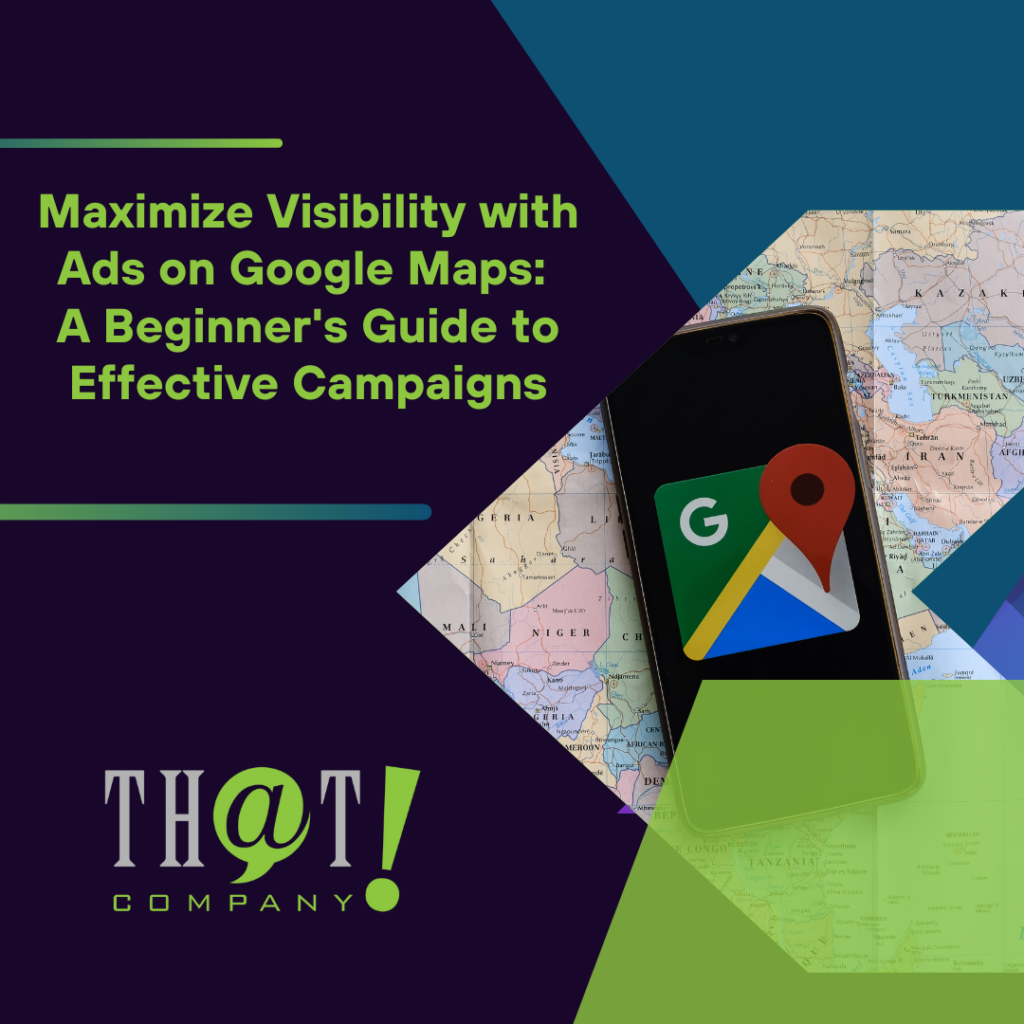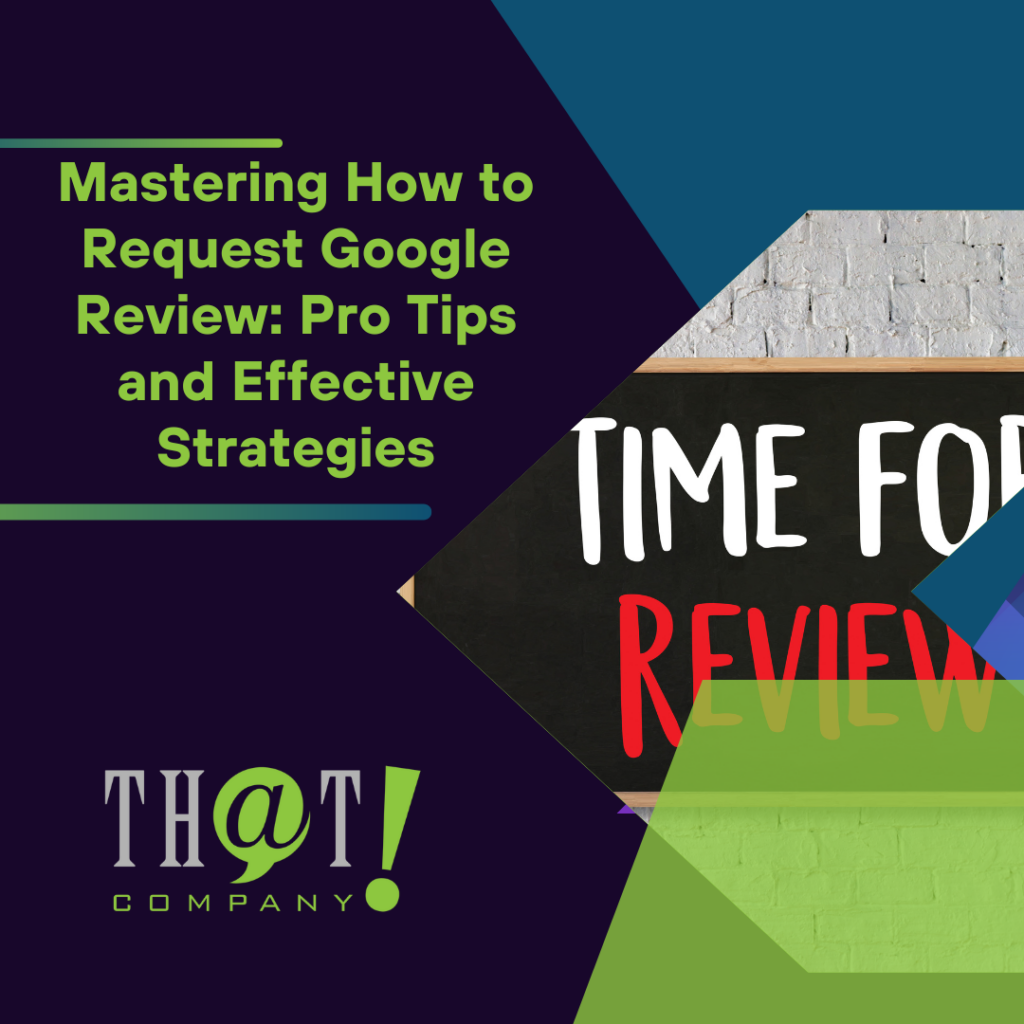How can you differentiate yourself from your competitors? In an increasingly growing market of products that do near the same thing for near the same price, how can you stand out as better? You know your product is top quality and you know your customers would think so too if you could just reach them. But, how?
In today’s world, a growing number of people buy a product because they identify with it. Whether it be because it makes them feel like they are supporting a cause, they feel part of a group, or because it will make them feel closer to the people they aspire to be; people use their money to show what they care about and what’s important to them.
As a brand, what are you showing that you are? What are the traits and qualities that your brand personifies? The more human your business becomes the more relatable it is. But first you must consider, who are you trying to appeal to?
Finding your audience
Before you can brand yourself, you need to know who you’re branding too. To do that you need to define your target customer: who you want to buy your product. Find out who that person is so that you can better relate to them. How old are they? Is your product specifically for men or women? Where are they located? Does that matter? Do they have to be in a certain class to afford your product?
That! Company is the word leader in White Label Digital Marketing. We deliver results for agencies large and small world-wide. Learn More about our White Label Services and how we can help you achieve the results you deserve today!
The more detailed you can get, the better. Really find out your ideal customer. This way, you get an idea of who they are and what they value in a product and in a company. As you continue to get customers, get their feedback on how they use your product and what appeals to them. This can really help you make your model and even reach new demographics you may not have thought of.
Tell your story
Now that you know who your customer is – what’s the next step? Tell them your story! Sharing the story of how you started, why you’re doing what you do, and how you feel about it is a great way for your customers to get to know you. It makes you seem more human, something people relate to better than a faceless corporation.
“But I’m no storyteller!” you may say. That’s okay. You don’t have to be. One of the most important aspects of telling a good story is to be authentic. Most people don’t like a story that sounds rehearsed and perfected. When is the last time you heard someone give a speech and you knew they were reading it off a paper? You can feel that it’s not as real but has been practiced time and time again. There is no feeling or divergence from the script, and it shows.
So, how do you sound authentic? By telling the story as it is. Don’t create a story that is designed like a sales pitch. Really take your customers on the journey and show them how you got to where you are now. Let your passion for the field you work in and the struggles that it took you to build your business pour out. Showing the work that you put into your business doesn’t lessen your brand, but strengthens it so tell people your story and be proud of it.
Get behind causes
This might seem counterproductive to selling a product. Why would you give away money when you want to make money? Well, for two reasons: you can actually make a difference, and it shows that you care about more than the bottom line.
Consider the latter of the two, you can make a difference. As a company, you are in a unique position to be able to really help a cause. You have a much greater reach than most people, and the resources to either help monetarily or promotionally. Leverage that ability to give back to people, animals, the environment; not because it’s good publicity or because it’s a tax break, but because you can.
Take for instance the company Sand Cloud. They sell towels made of Turkish cotton, but they also donate 10% of every sale to marine conservation. It’s a cause that they feel passionate about and make it their mission to help. Why? Because they care. It’s important to them that they do their part to help the oceans and the creatures that inhabit them. They do this monetarily, but also by informing their customers about the non-profits that they can help.
Whatever cause you decide to help, people notice; even if they are not as vocal about their support as you are. Given the choice between two similar products, with two similar prices (and in some cases when one is more expensive), your charitable actions may be the tipping point that makes potential customers choose you over your competition.
Offer a better self
While finding your target market is important for all of the points we’ve considered, it’s incredibly important for this point because it helps answer a very vital question: What do your customers want?
Sometimes the answer is physical, but often the question changes to: What do your customers want to feel? Do they want to feel beautiful? Strong? Happy? Productive? Safe? For many people the products that they buy go beyond utility – they help identify who they are. Are you a Coke or Pepsi person? Android or Apple? Mac or PC?
The top companies don’t just brand themselves, they brand what type of consumers use their product. They don’t just sell you a good or service; they sell you the idea that you could be this type of person if you use it. Take for example Samsung.
In Samsung’s 2017 ad, Growing up (you can watch it here), the message is subtle but clear: getting a Samsung is part of growing up, so ditch your iPhone. Rather than just listing features of the phone, they showed how those features come in handy in comparison to the awkwardness, inconvenience, and embarrassment of NOT having it. All the things a young adult wouldn’t want to be. So, the solution? Buy a Galaxy Note.
Obviously, no product can solve all a person’s problems, but can it improve their life or at least solve a pain point? Will it help them to reach their goal or their ideal selves? Fortunately, you know what your product can do for your customer. So, portray that in your brand. Don’t leave it up to their imagination. Show it to them in your images, your descriptions, and your branding. People remember the brands that make them feel good, not just work well.
Times have changed. Who your company is is becoming just as important as what it sells. So, be a company that people want to know. Be relatable, share your story and your passions. Support the causes that you believe in, become the beacon for your tribe and lead them in making positive changes in the world. All the while appealing to the customers you want and showing them how you can help them be the people they want to be. Don’t sell a product, be the product.

























